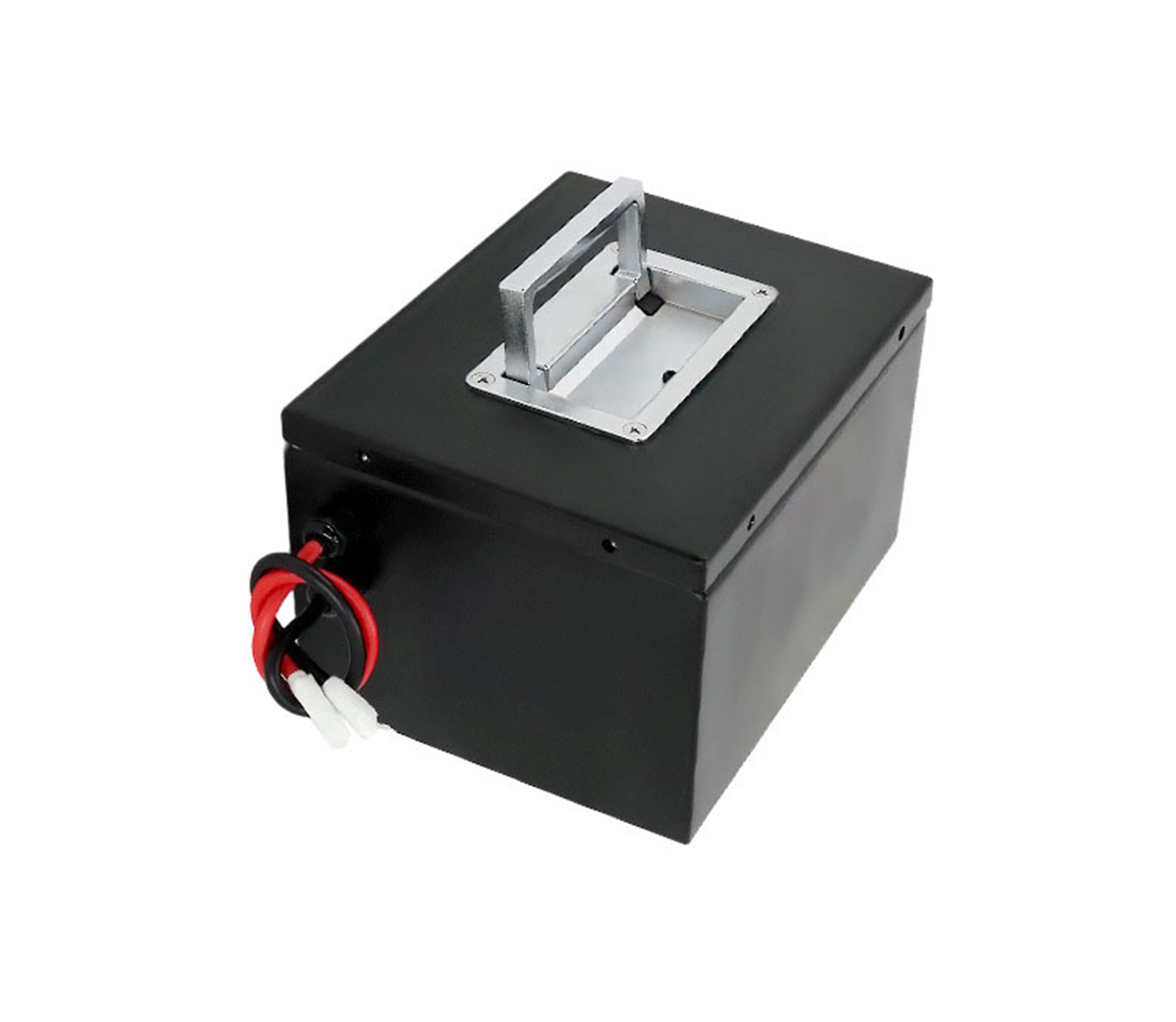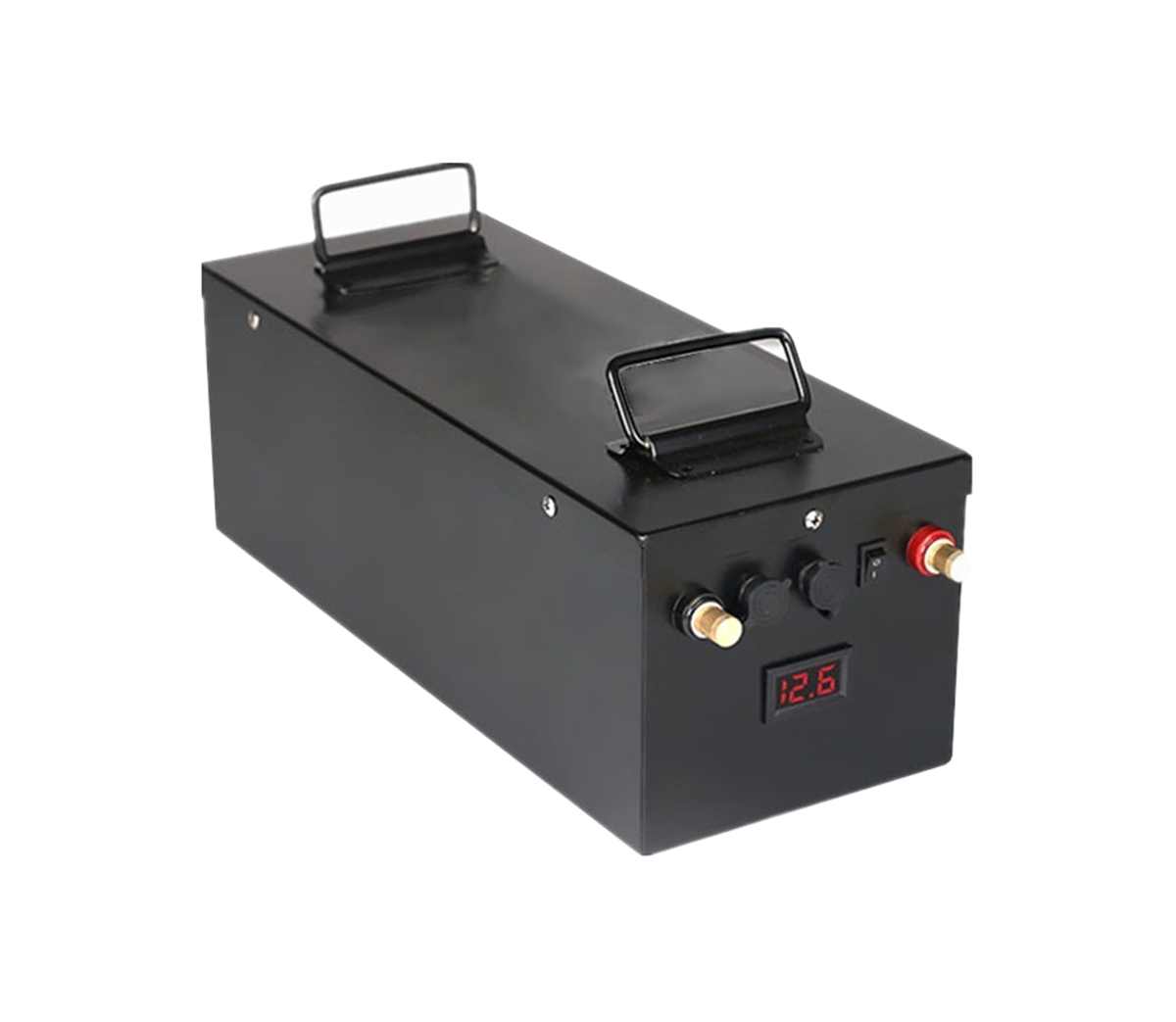It is not easy to surpass lithium batteries, experts question the new
generation of battery technology
Batteries are the hope of almost all new energy industries. Various
electronic equipment and electric vehicles need batteries. The technology and
cost of batteries are the key to the marketization and popularization of these
new energy products. Lithium-ion batteries are now the mainstream of battery
technology, but now Many start-up companies are betting on the so-called
next-generation new battery technology. However, whether it has the conditions
for commercialization, its prospects have caused experts to question.
Batteries are the hope of almost all new energy industries. Various
electronic equipment and electric vehicles need batteries. The technology and
cost of batteries are the key to the marketization and popularization of these
new energy products. Lithium-ion batteries are now the mainstream of battery
technology, but now Many start-up companies are betting on the so-called
next-generation new battery technology. However, whether it has the conditions
for commercialization, its prospects have caused experts to question.
The MIT Technology Review reported that the US Department of Energy’s
Advanced Research Program for Alternative Energy, ARPA-E, sponsored 75 energy
storage studies and obtained many forward-looking results. Its director Ellen
Williams also expressed optimism to the media, “We have reached The holy grail
(expansion capacity)." However, the report believes that small, low-cost energy
storage is still full of variables.
Now many start-up companies are getting closer and closer to the production
of economical, safe, small, high-density energy equipment, and the cost of
storing electricity per kilowatt-hour can be less than 100 US dollars. Energy
storage technology at this price can solve the problem of wind energy, solar
energy, etc. The problem can also make electric vehicles lighter and
cheaper.
But the commercialization goal is still far away, even Tesla CEO Elon Musk
is forced to admit that it is gradually improving the lithium-ion battery
technology, rather than making a big leap. In fact, many researchers believe
that energy storage should surpass the lithium-ion battery technology that has
attracted market attention in the past 10 years, and new chemistry and new
physical forms are required to compete with lithium batteries. In May of this
year, the US Department of Energy held a seminar entitled "Beyond Lithium Ion",
which is the 9th session this year.
SolidEnergySystems founder Hu Qichao has developed a lithium metal battery
with a metal anode instead of the graphite material used in the anode of
traditional lithium batteries, which can greatly improve the energy density of
current electronic devices. The report believes that the main obstacle to the
development of a new system is the process of moving from concept to product. It
is particularly difficult in the battery field, because when you improve one
aspect, you are tantamount to compromising on other aspects.
In addition, energy storage research also has multiple problems, such as
foam batteries, flow batteries, and various chemical materials. No one knows
which technology will attract the most funds and research enthusiasm. The
LuxResearch report pointed out that the investment in energy storage exceeded
US$4 billion to develop next-generation batteries. Start-ups of non-lithium-ion
batteries only received an average of 40 million in the past 8 years. Tesla
invested in the production of lithium-ion battery factory Gigafactory and
invested US$5 billion.
The threshold for research and development of new battery materials is very
high. Just to build a small production line to put the research details into
production will cost 500 million US dollars. It may take several years for
automakers to test new battery systems before deciding whether to purchase. Your
company has only 5 million U.S. dollars a year, and it is difficult to invest
500 million U.S. dollars in manufacturing.
Even if new battery manufacturers commercialize new technologies, they will
face the problems of increasing production and finding buyers. LeydenEnergy,
A123Systems, Seeo, and SakTI3 are all due to factors such as output and price
inconsistent with investors expecting to fail. The world's three major battery
manufacturers, Samsung, LG, and Panasonic, are not very interested in new
chemistry and drastically changing battery technology. They would rather make
incremental improvements to existing technologies.
Although the first lithium-ion battery came out as early as the 1970s, the
technology is getting better and better now. This is the last thing that
start-up companies with innovative battery technology are willing to mention and
the biggest problem they face.


































